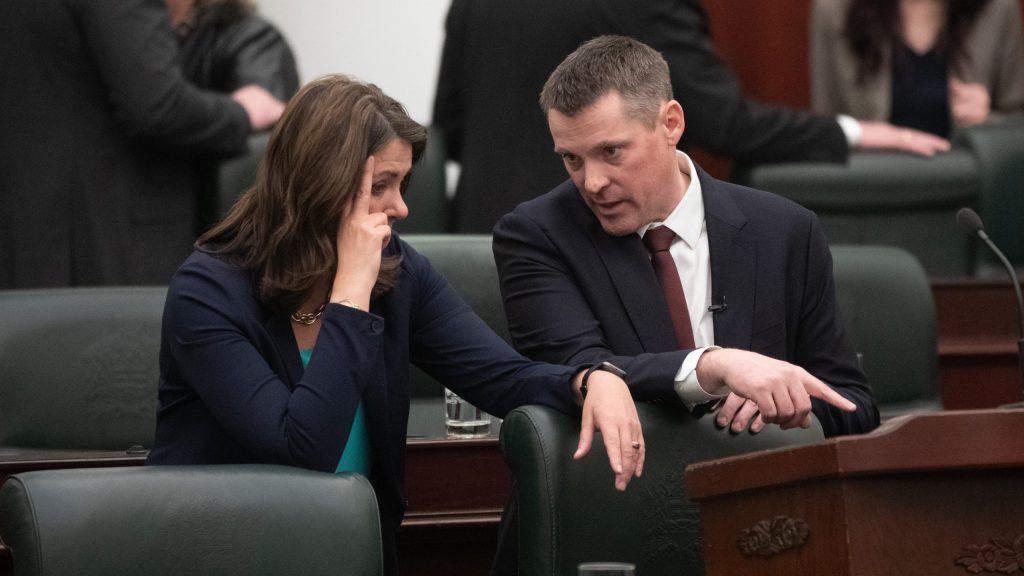Will COVID-19 vaccines be required before boarding international flights?
Posted Nov 25, 2020 5:37 pm.
Last Updated Nov 26, 2020 11:38 am.
CALGARY (660 NEWS) – With the news of COVID-19 vaccines being readily available in the coming months, this has some people talking about the possibility of travelling again.
On the flip side, airlines are discussing the idea of having passengers provide proof that they have been vaccinated before boarding their flight.
But what if you cannot get a vaccine due to health reasons? Airlines could offer alternative options.
“Airlines might offer as an accommodation for those who can’t be vaccinated perhaps a proof of negative COVID test as an alternative,” Lorian Hardcastle, associate professor at the University of Calgary Faculty of Law said.
But the idea of having to show proof prior to flying is complicated.
“There are questions about whether it’s appropriate for a private corporation to be requesting that kind of personal information from individuals and how they will safeguard that information,” Cara Zwibel, director of the fundamental freedoms program at Canadian Civil Liberties Association said.
“Particularly about privacy, about equality. We don’t know if the vaccine once it becomes widely available, will it be available to everyone,” Zwibel said.
There is also a concern if it will violate our Charter of Rights and Freedoms.
“In an emergency, it’s part of the charter that says when government restrict our rights, they need to demonstrate why they have to do that, they need to give us the evidence that they are relying on and explain why this restriction is necessary,” Zwibel added.
Hardcastle says the government can impose certain restrictions if there is reasonable ground.
“Those charter rights aren’t absolute and it’s open for the government to show that they have reasonable grounds to have infringed on those rights.”
After the province imposed a Public Health Emergency, Hardcastle says tougher guidelines could have been brought forward.
“Alberta could have gone as far as other provinces and still be justified from a charter rights perspective,” Hardcastle said.
“Given that governments were acting to protect the public and they were acting on limited information and they were acting with urgency.”










